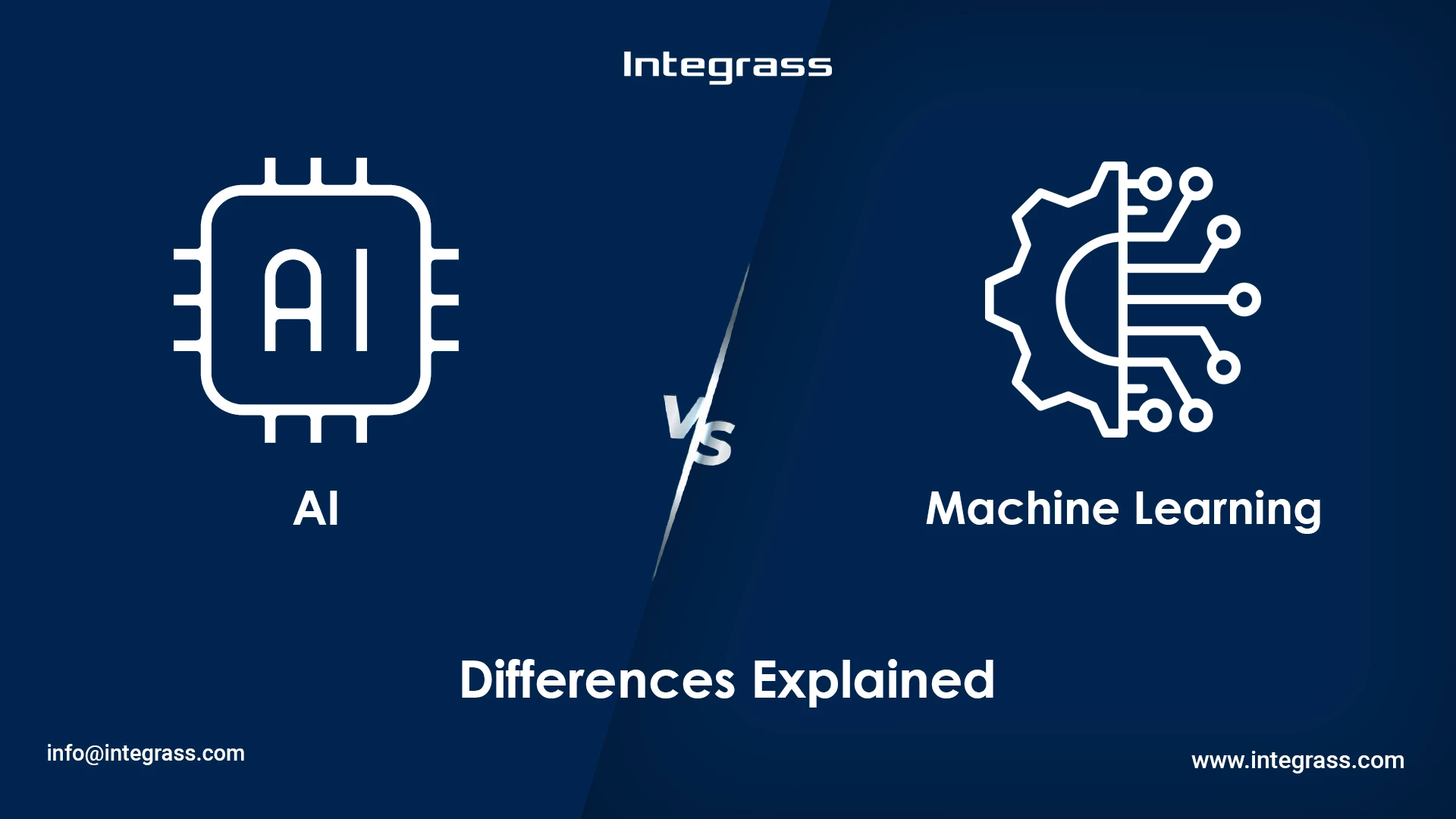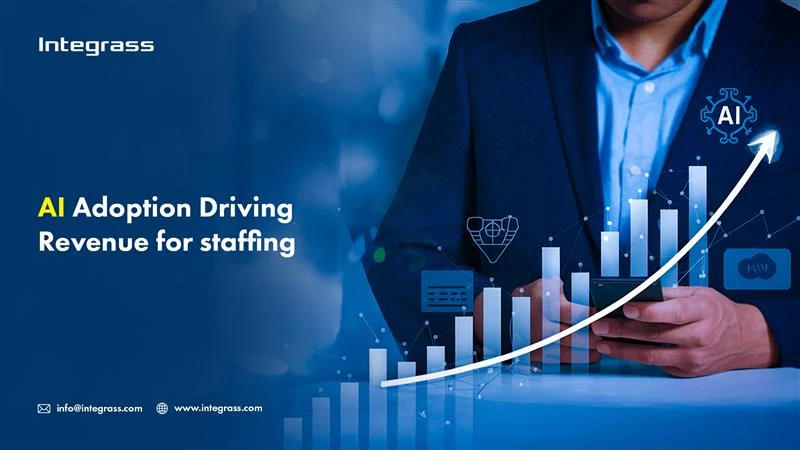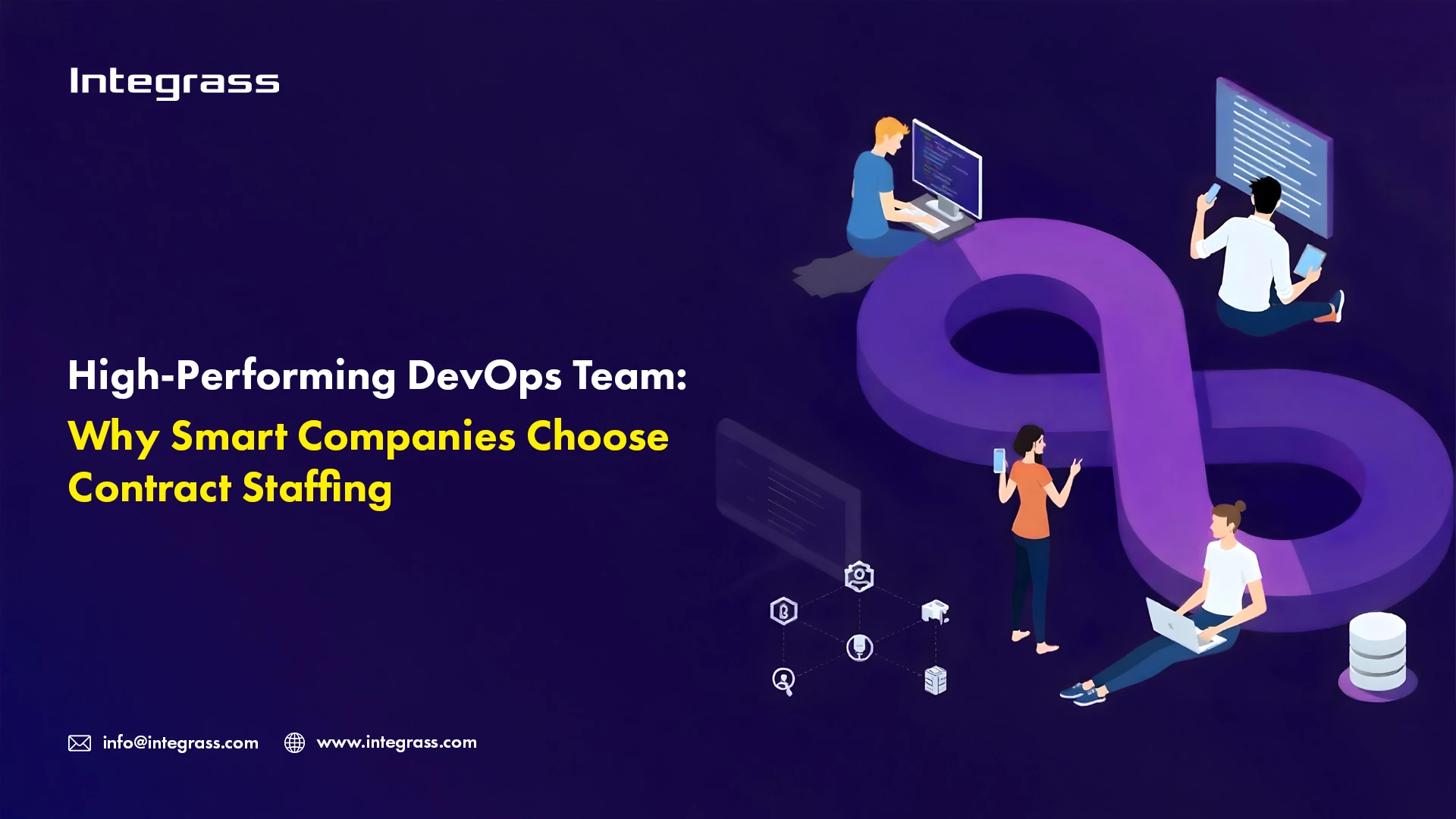As AI and machine learning continue to change the tech landscape, many businesses wonder how these technologies differ and how they can be used to improve their operations.
While both are often mentioned together, AI and machine learning serve distinct roles and bring unique capabilities to the table. Understanding what each does—and how they complement each other—can help businesses of any size make informed decisions on technology investments.
Whether you’re a small business looking to streamline tasks or a large-scale enterprise exploring data-driven decision-making, these insights can help you see which option suits your needs.
What is Artificial Intelligence (AI)?
Let’s start with AI, short for Artificial Intelligence. AI is the broader concept of machines mimicking human intelligence. It encompasses various fields like natural language processing, computer vision, robotics, and more.
Think of AI as a large umbrella covering different technologies that allow machines to “think” and “learn” in ways that appear intelligent to us.
Some examples of AI applications include:
- Voice Assistants like Siri or Alexa that interpret and respond to voice commands.
- Chatbots that can provide customer support 24/7.
- Facial Recognition technology used in security systems.
- Automated Decision-Making systems in industries like finance, healthcare, and retail.
The key to understanding AI is recognizing that it’s designed to replicate human-like thinking. AI isn’t necessarily confined to a single application; instead, it’s the overall process of making machines that can reason, problem-solve, and perform tasks traditionally requiring human intelligence.
What is Machine Learning?
Now, let’s move on to machine learning. Machine learning is a subset of AI, and it focuses specifically on the idea that machines can “learn” from data. In simpler terms, machine learning involves training computers to recognize patterns and make decisions based on data without being explicitly programmed to perform each action.
For instance, if you’re a retailer looking to predict customer buying behavior, machine learning can analyze past data on purchases, identify trends, and recommend products based on this information. Unlike traditional software, which requires specific programming for each scenario, machine learning algorithms improve over time as they’re exposed to more data.
Machine learning ML applications are everywhere:
- Personalized Recommendations on platforms like Netflix or Amazon.
- Email Spam Filtering to automatically remove suspicious messages.
- Predictive Analytics in industries such as finance to forecast stock trends.
- Image Recognition that powers apps like Google Photos.
Machine learning operates on data patterns and statistical analysis to “learn” and “adapt” without constant human intervention. Over time, as machine learning models receive more data, they can become more accurate, making them highly effective in fields where large data sets are available.
Key Differences Between AI and Machine Learning
1. Scope and Purpose
- AI: Focuses on simulating human intelligence across multiple tasks, from language processing to problem-solving.
- Machine Learning: Narrower in scope, concentrating on using data to train algorithms that can perform specific tasks without human oversight.
2. Programming and Learning
- AI: Involves explicit programming for a range of tasks, often with more complex algorithms that encompass multiple decision-making elements.
- Machine Learning: Relies on data input to “learn” patterns, improving accuracy as it processes more data without additional programming.
3. Adaptability and Evolution
- AI: Can adapt to new tasks when programmed or with the addition of new algorithms but doesn’t “learn” in the same way machine learning does.
- Machine Learning: Continuously evolves as it processes more data, allowing it to refine results and adapt to changing conditions over time.
When to Use AI vs. Machine Learning for Your Business
With the differences clear, let’s explore which solution might be better suited to different business needs. Both AI and machine learning can offer significant benefits, but the best choice depends on what you aim to achieve.
AI for Complex Decision-Making and Automation
If your business involves processes that require decision-making, predictive analytics, or interaction with customers, AI is the ideal choice. AI’s ability to simulate human-like decision-making is valuable in industries like healthcare, where AI can assist in diagnosis, or finance, where it can automate trading.
For example, a large-scale retailer might use AI-driven chatbots to handle customer inquiries, manage orders, and resolve issues quickly, ensuring a consistent customer experience around the clock.
Machine Learning for Data Analysis and Predictive Insights
Machine learning is often the go-to for companies that have access to large amounts of data and need insights from it. Because machine learning can learn from historical data, it’s highly effective in fields like marketing, where businesses analyze customer behavior, or manufacturing, where machine learning can optimize supply chain management.
Small to medium-sized businesses benefit greatly from machine learning’s predictive power, too. By implementing machine learning models, even smaller companies can optimize their marketing, improve demand forecasting, and personalize customer experiences.
AI and Machine Learning Working Together
AI and machine learning don’t have to be mutually exclusive. Many applications combine the two to get the best of both worlds. For example, consider a healthcare platform that uses AI to assess patient symptoms and recommend a diagnosis. Machine learning models within this system can analyze patient data over time to improve diagnostic accuracy, making the platform even smarter.
By blending AI’s broader decision-making abilities with machine learning’s data-based insights, companies can create intelligent systems that are both dynamic and efficient.
How Integrass Can Help
Navigating the world of AI and machine learning can feel like a daunting task, especially if you’re unsure where to start. Integrass Tech Solutions, with over 15 years in IT Consulting and Managed IT Services, offers tailored support to help businesses maximize AI and machine learning applications.
- Expertise in AI and Machine Learning: From strategy to implementation, Integrass brings deep technical knowledge to each project, ensuring solutions are tailored to your unique needs.
- Customized Solutions for All Business Sizes: Whether you’re a small business exploring AI for the first time or a large enterprise looking to enhance existing systems, Integrass delivers scalable solutions that fit your budget and goals.
- End-to-End Technical Support: Continuous support to ensure your system grows with your business.
Ready to harness the power of AI and machine learning for your business? Contact Integrass today to see how we can bring intelligent tech solutions to your organization.




